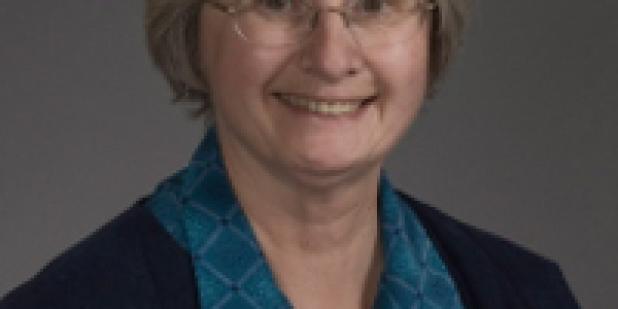Happy Lunar New Year from the USC US-China Institute!
Gender and the Chinese Emperor
The Fairbank Center for Chinese Studies at Harvard University presents a talk by Patricia Buckley Ebrey on ow should we think of the emperor in terms of gender.
Where

Patricia Buckley Ebrey, University of Washington
How should we think of the emperor--either as a person or as an institution-- in terms of gender? In terms of yin and yang, emperors were definitely yang. As befit a powerful, manly man, emperors possessed many women, but the consequence of possessing so many women was that the emperor spent a lot of time in an inner palace, filled with women and eunuchs, a rather feminine space. Founding emperors were invariably military men, whose masculinity was never in doubt, but many later emperors were attracted much more to the civil than the military side of rule, and some were pushed around by their officials. Professor Ebrey will probe these issues, drawing most examples from the Song dynasty.
Patricia Buckley Ebrey is professor of history at the University of Washington. Her scholarly interests have ranged broadly across social and cultural history, including work on family history, women’s history, and world history. Her most recent book is Accumulating Culture: The Collections of Emperor Huizong (2008, winner of the Shimada Prize). Her best known books are The Inner Quarters: Marriage and the Lives of Women in the Sung Period (1993) and The Cambridge Illustrated History of China (1996, second ed., 2010). She is currently working on a book on the Song emperor Huizong.
Featured Articles
We note the passing of many prominent individuals who played some role in U.S.-China affairs, whether in politics, economics or in helping people in one place understand the other.
Events
Ying Zhu looks at new developments for Chinese and global streaming services.
David Zweig examines China's talent recruitment efforts, particularly towards those scientists and engineers who left China for further study. U.S. universities, labs and companies have long brought in talent from China. Are such people still welcome?






